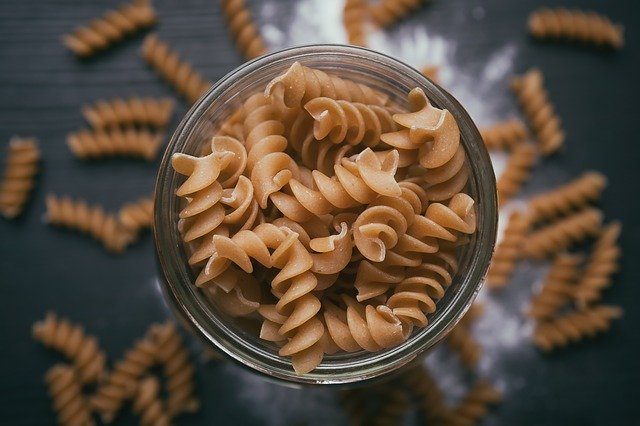To have a healthy and active lifestyle is very important to exercise, but it is equally important to follow a balanced diet. Each workout must be matched to a proper, healthy diet that provides the athlete the right energy to handle physical activity. Only workout is not enough for the body to benefit from the benefits of exercise, it is also necessary to provide the nutrients it needs.

According to some studies, daily portion of carbohydrate should be between 6 and 10 grams per kilogram of weight, about 50 percent of daily energy. This amount varies depending on sex, training level, aims. To get energy from carbohydrates, our body transforms them into glucose and stores it in the muscles. Simple carbohydrates (sugar, white flour) should be avoided in favor of complex carbohydrates (rice, sweet potatoes, oats, legumes) that are richer in fiber.

Are quality protein sources: eggs, milk, lean meat, fish, cereals, legumes. To limit the consume of saturated fat and cholesterol contained in animal proteins, it is necessary to balance the consume of animal and vegetal proteins.

Fats and unsaturated fatty acids, such as vegetable oils, nuts, avocados, are preferable to animal fat and saturated fats.
